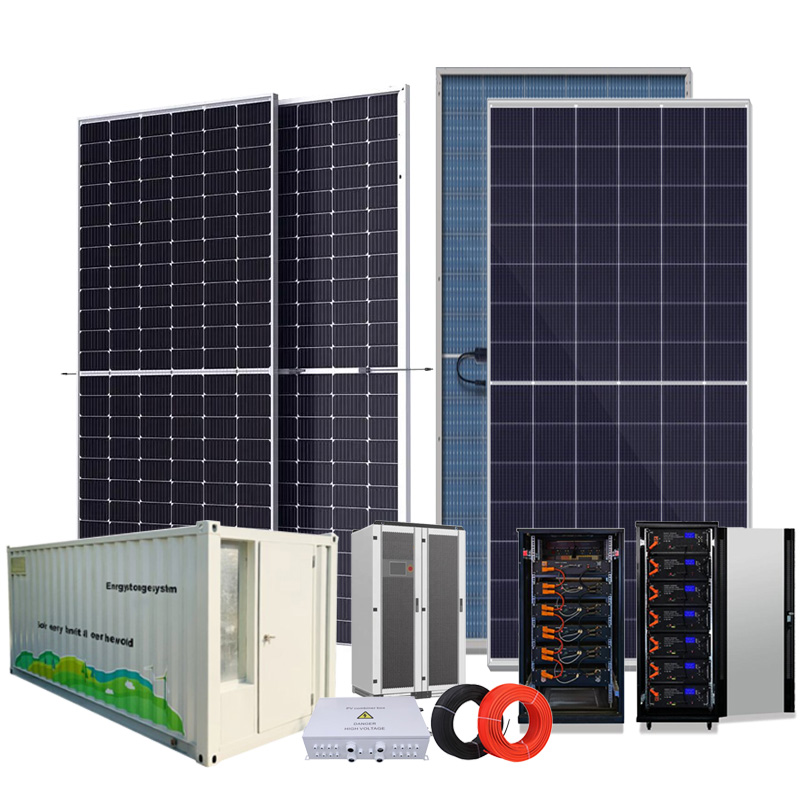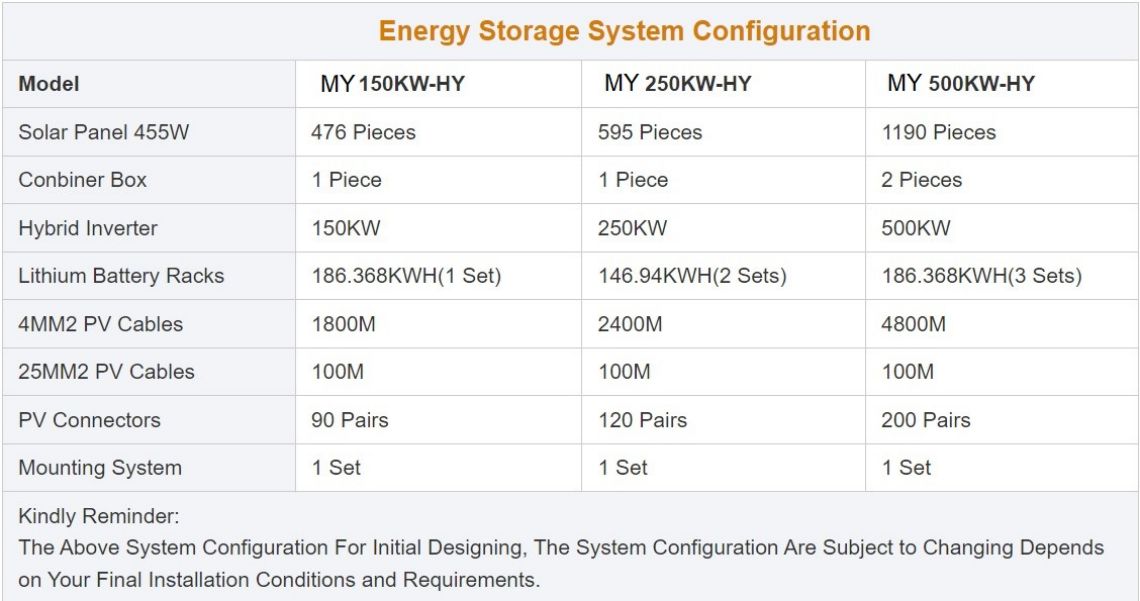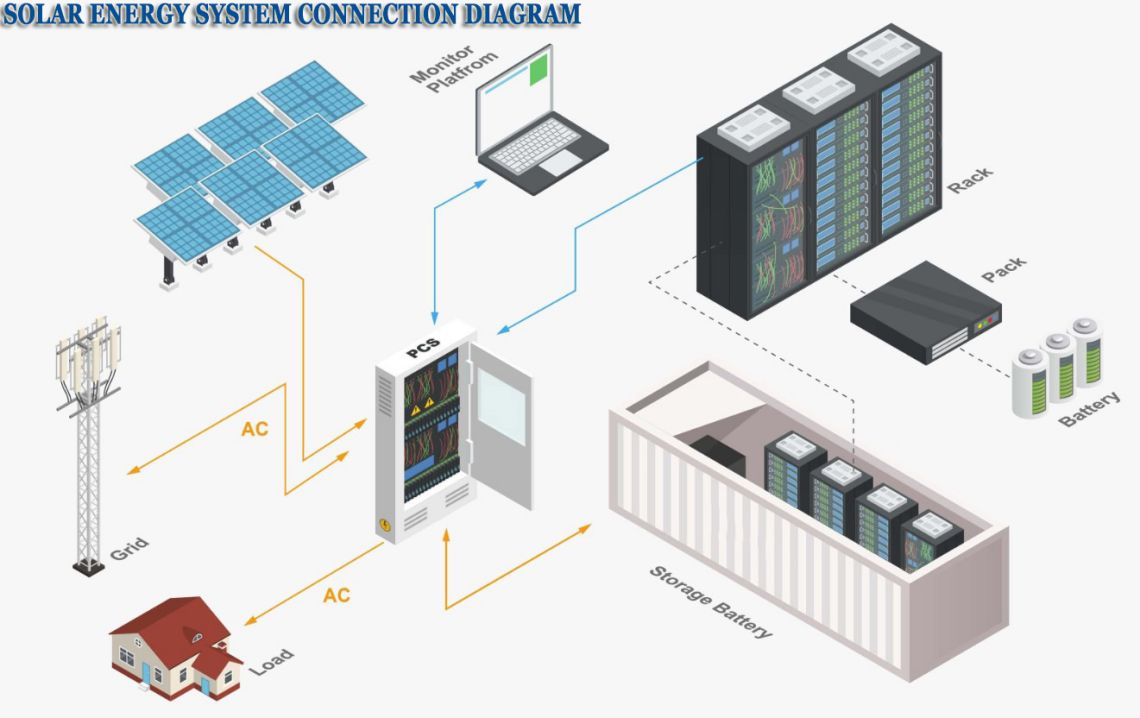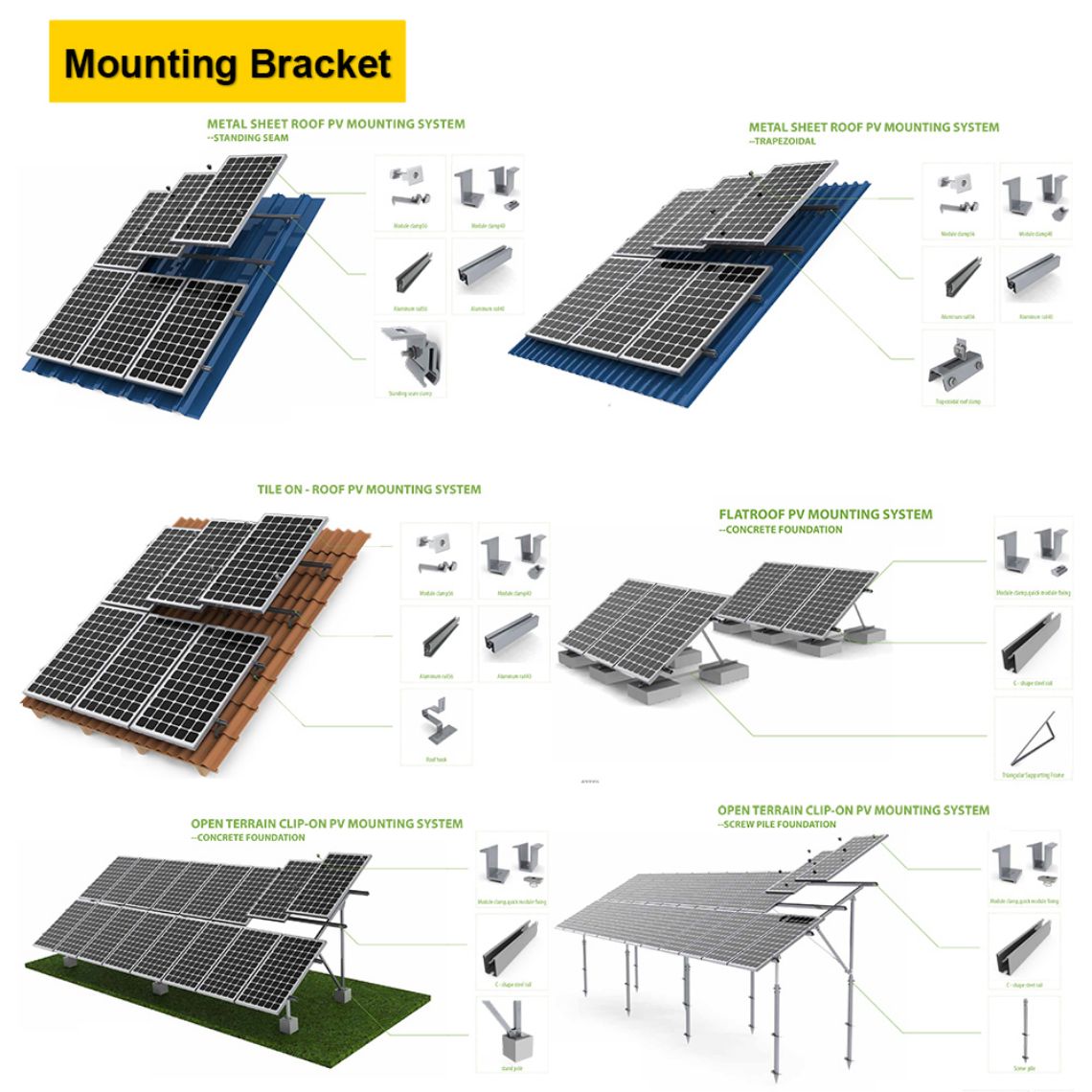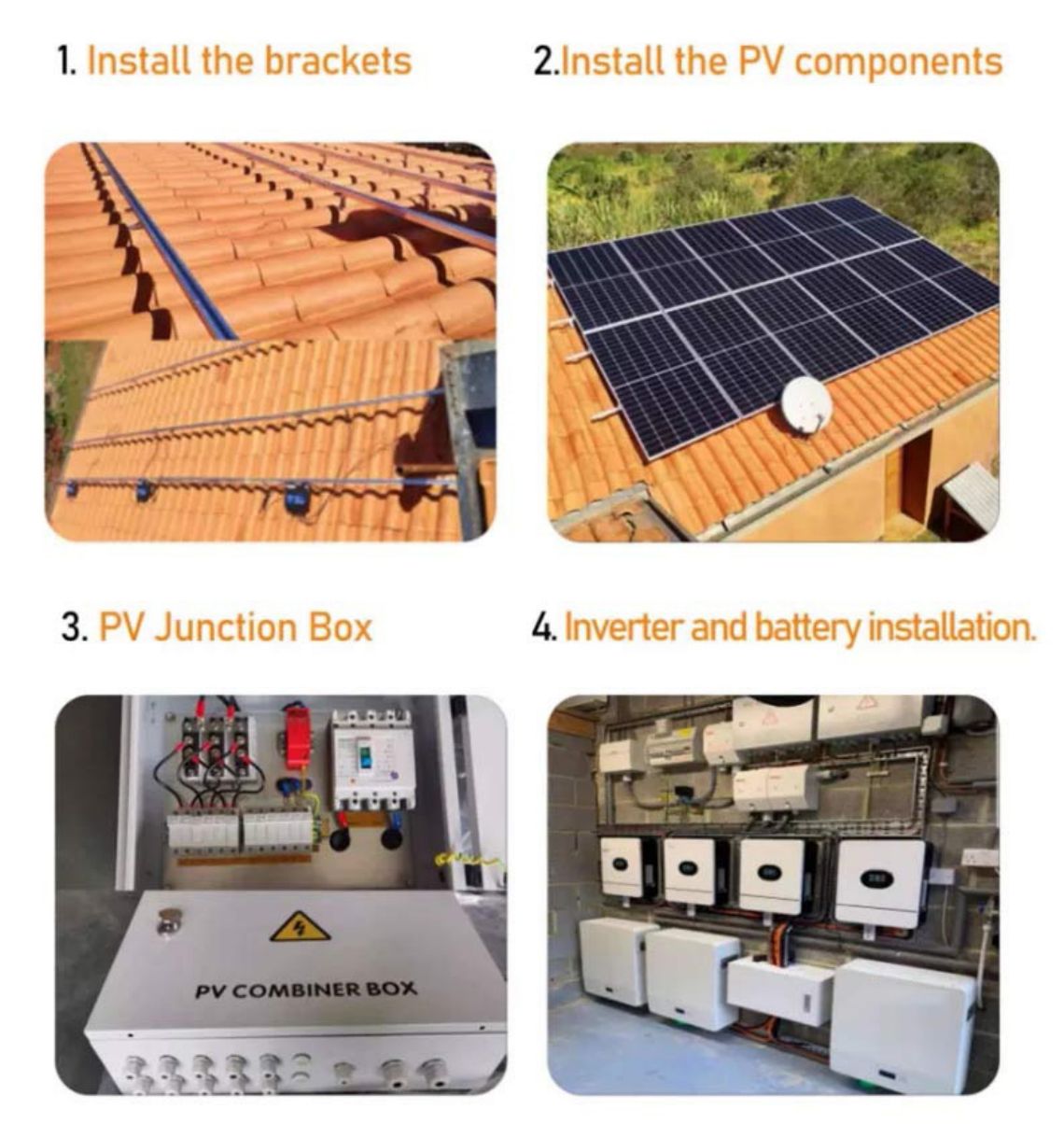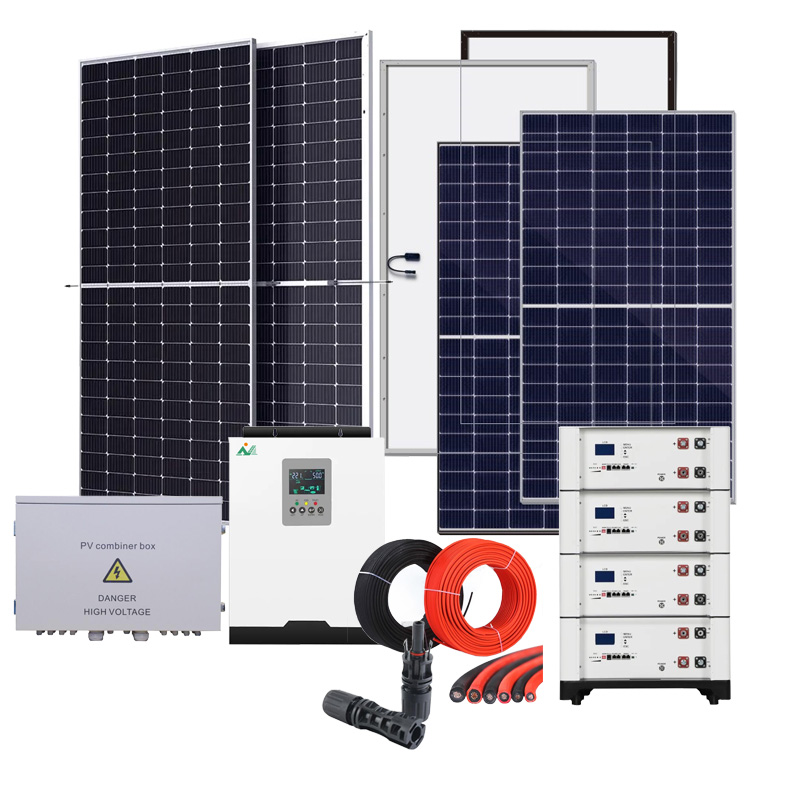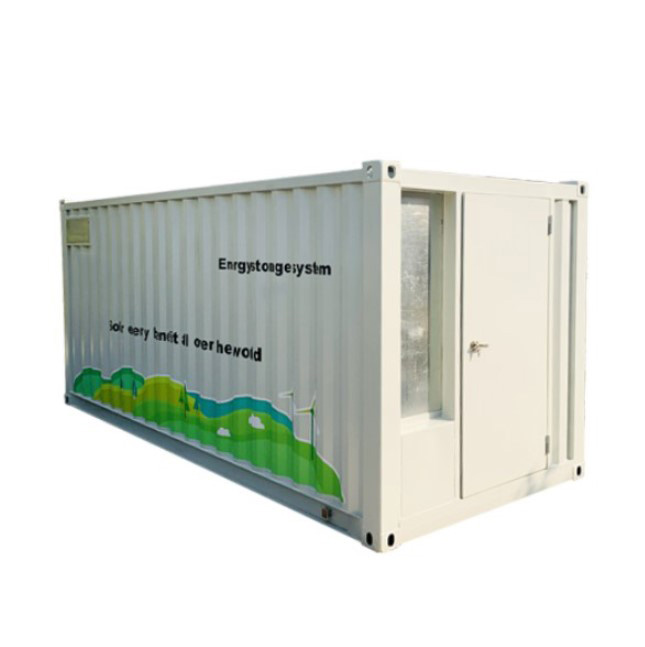2023 MY-150KW 250KW 500KW Industrial and commercial solar energy storage system hybrid solar system
Product description
A hybrid solar system refers to a system that uses solar energy in combination with other energy systems to provide a more stable and reliable energy supply.
Common hybrid energy systems combine solar power with wind power or generator systems to account for weather variability and peak and valley differences in energy demand. Such a system could work in a number of ways:
Solar + wind hybrid system: Combine solar panels and wind generators to get energy even when it is cloudy during the day or at night. When the sun is not enough, wind energy can provide additional power supply.
Solar + Generator Hybrid System: Solar panel and generator systems can complement each other. Solar energy generates electricity supply during the day, while generators provide continuous power at night or when the sun is low.
Solar + battery energy storage hybrid system: Solar panels convert sunlight into electricity for use, while excess electricity is stored in batteries. Such a system could provide a continuous power supply at night or in low light conditions.
By mixing different energy systems, a hybrid solar system can provide a more stable, reliable and continuous energy supply, reduce dependence on traditional energy sources, reduce energy costs, and cause less pollution to the environment.
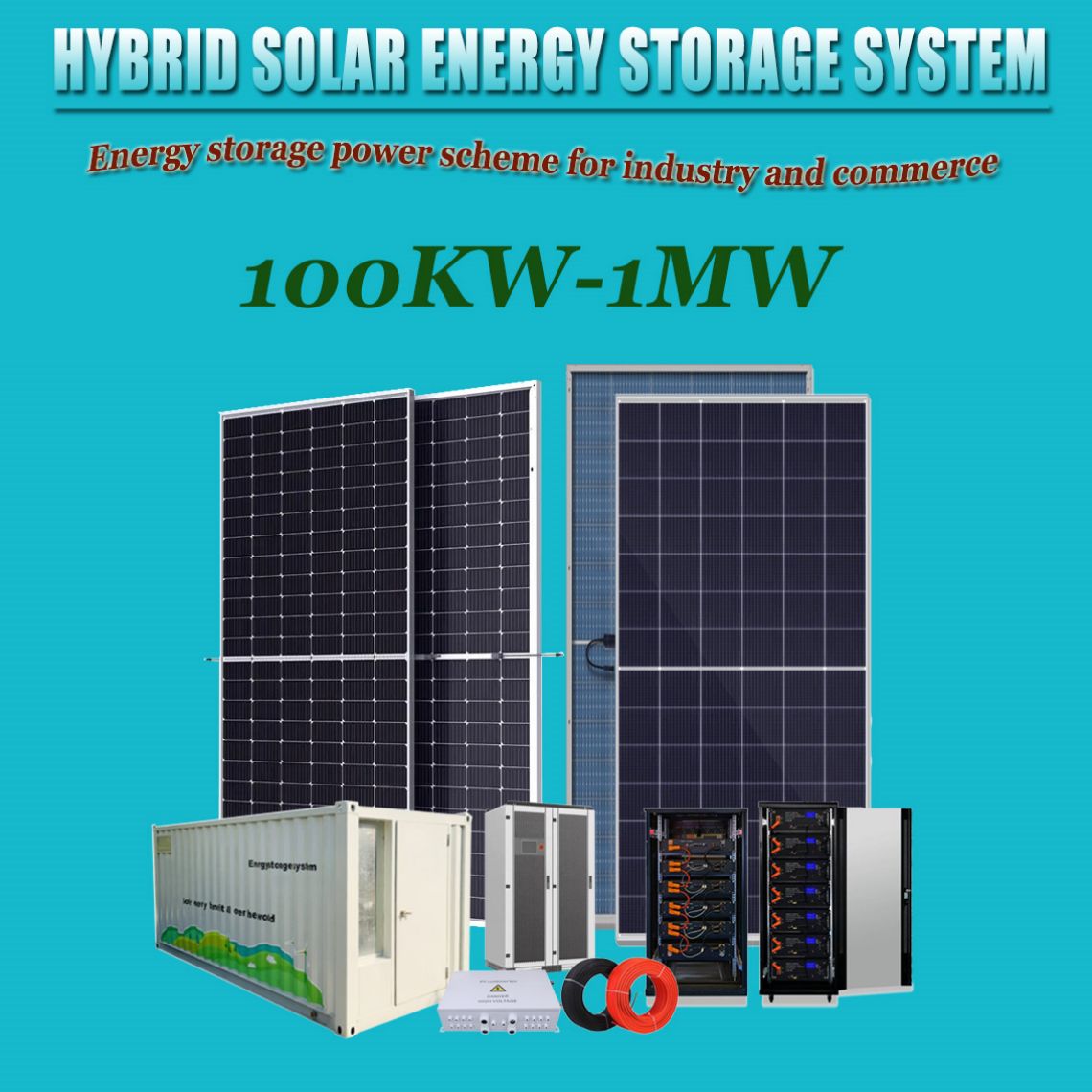
Product features
Improve energy utilization efficiency: The hybrid solar system can make full use of solar energy and other energy sources to improve energy utilization efficiency. By combining different energy systems, the available energy can be utilized to the greatest extent, ensuring a stable power supply to the system.
Increased energy stability: Hybrid energy systems can address the instability of solar systems under weather and seasonal changes. By combining other energy systems, such as wind energy or generator systems, periods of insufficient or discontinuous solar supply can be compensated for, increasing the stability of energy supply.
Reduced dependence on conventional energy sources: Hybrid solar systems reduce dependence on conventional energy sources, reducing energy costs. Solar energy is a renewable source of energy, and harnessing it can reduce the need for fossil fuels, thereby lowering energy costs and reducing dependence on finite resources.
Environmentally friendly and sustainable: Hybrid solar systems are an environmentally friendly and sustainable energy solution. Solar energy is a clean energy source that produces no pollutants and no greenhouse gas emissions. Negative environmental impacts can be minimized by blending with other emission-free energy systems.
Flexibility and scalability: Hybrid energy systems have high flexibility and scalability. According to actual needs, the system combination can be adjusted according to the situation of energy supply and consumption. The system can be expanded as needed, and can be custom designed according to specific application scenarios.
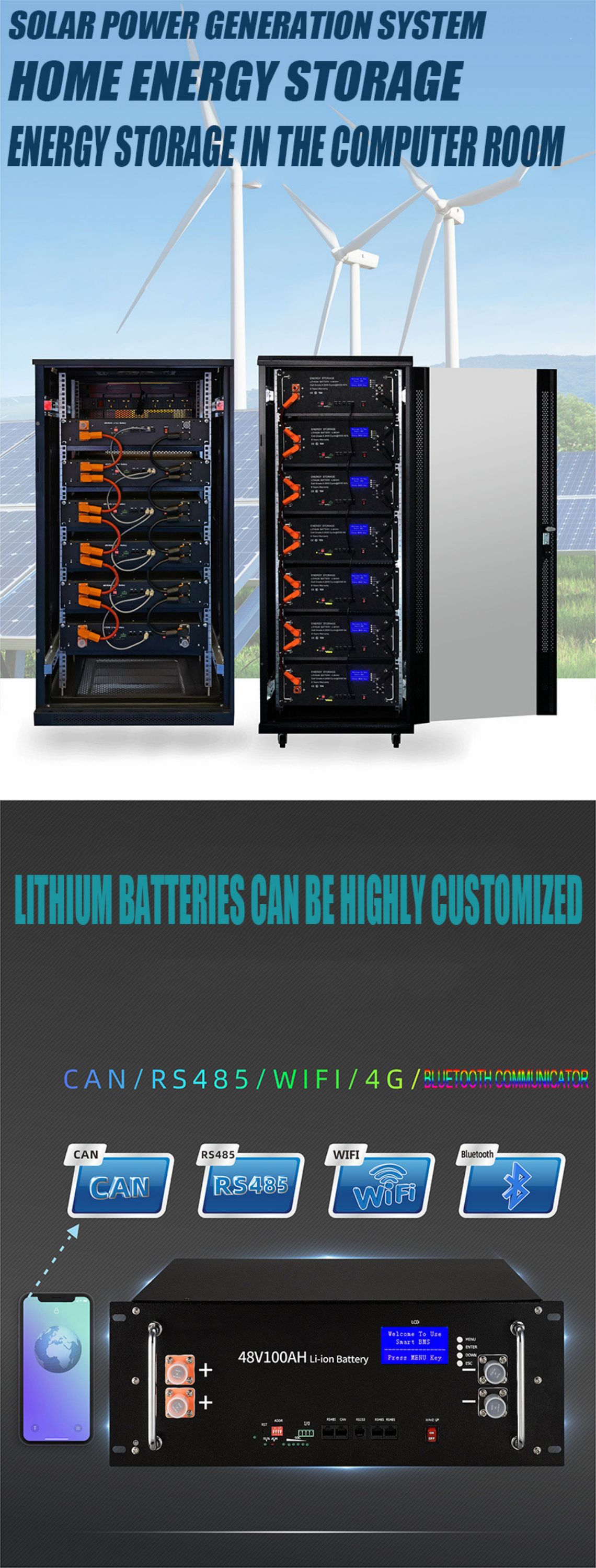
Product Details
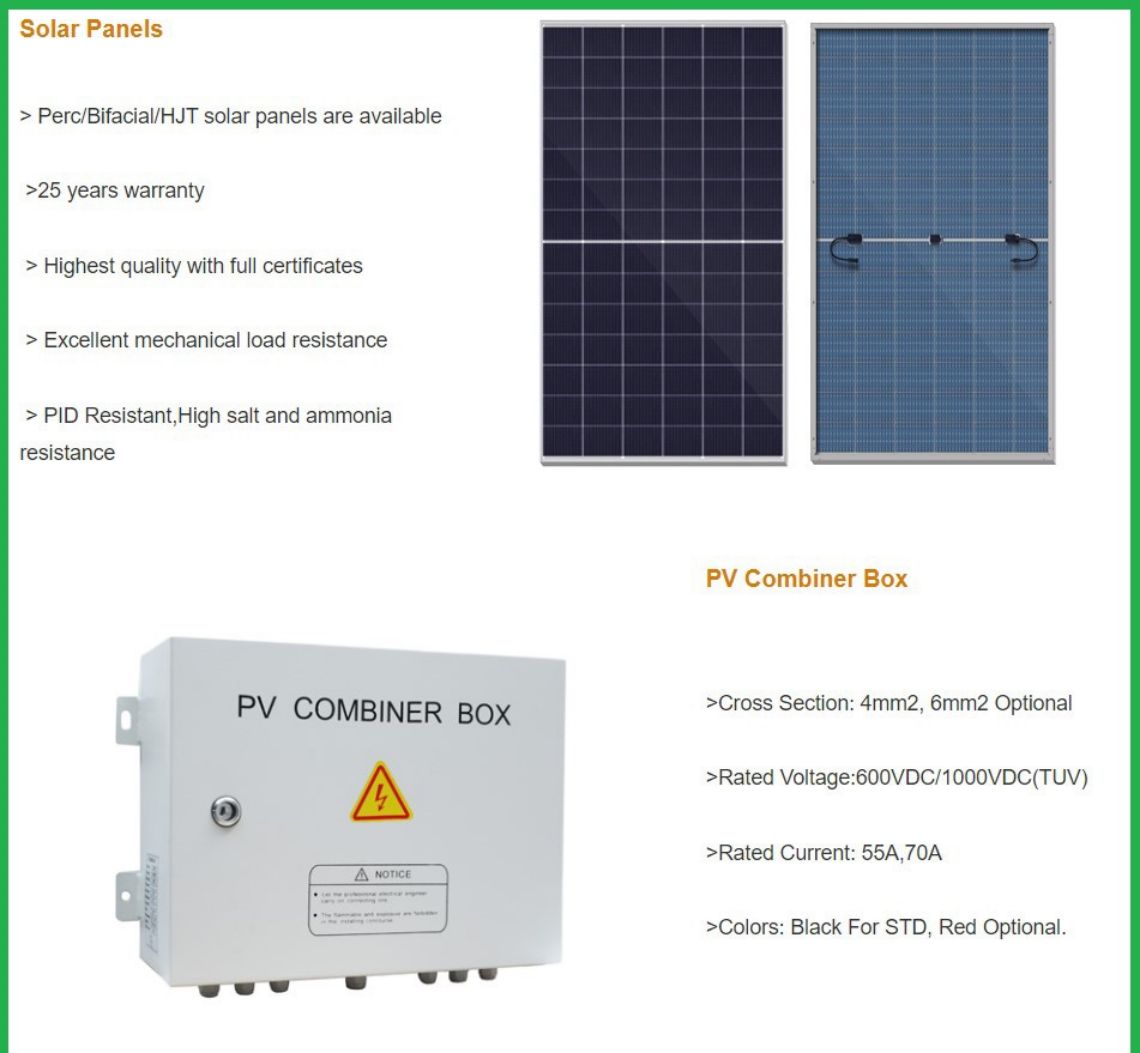
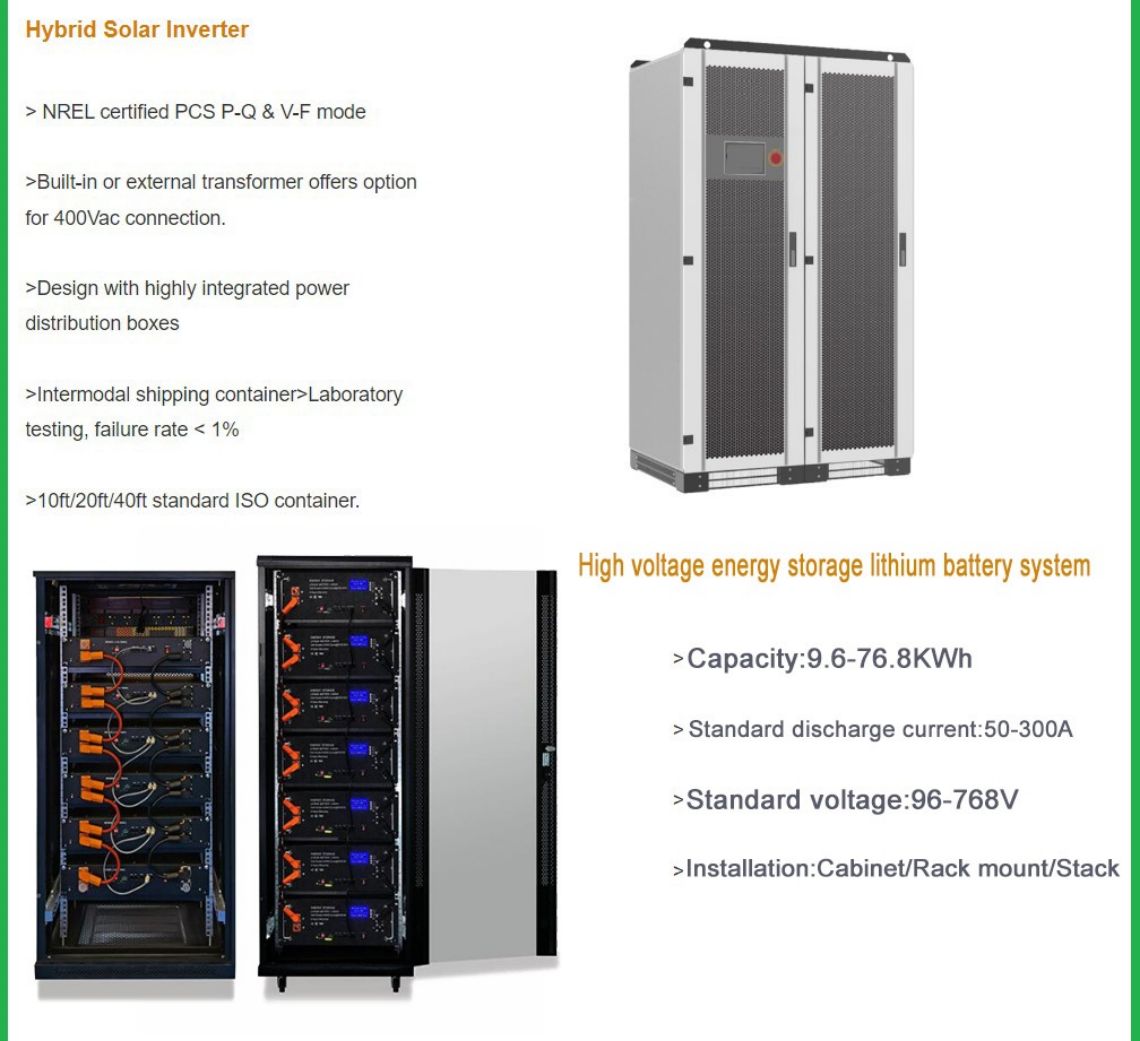
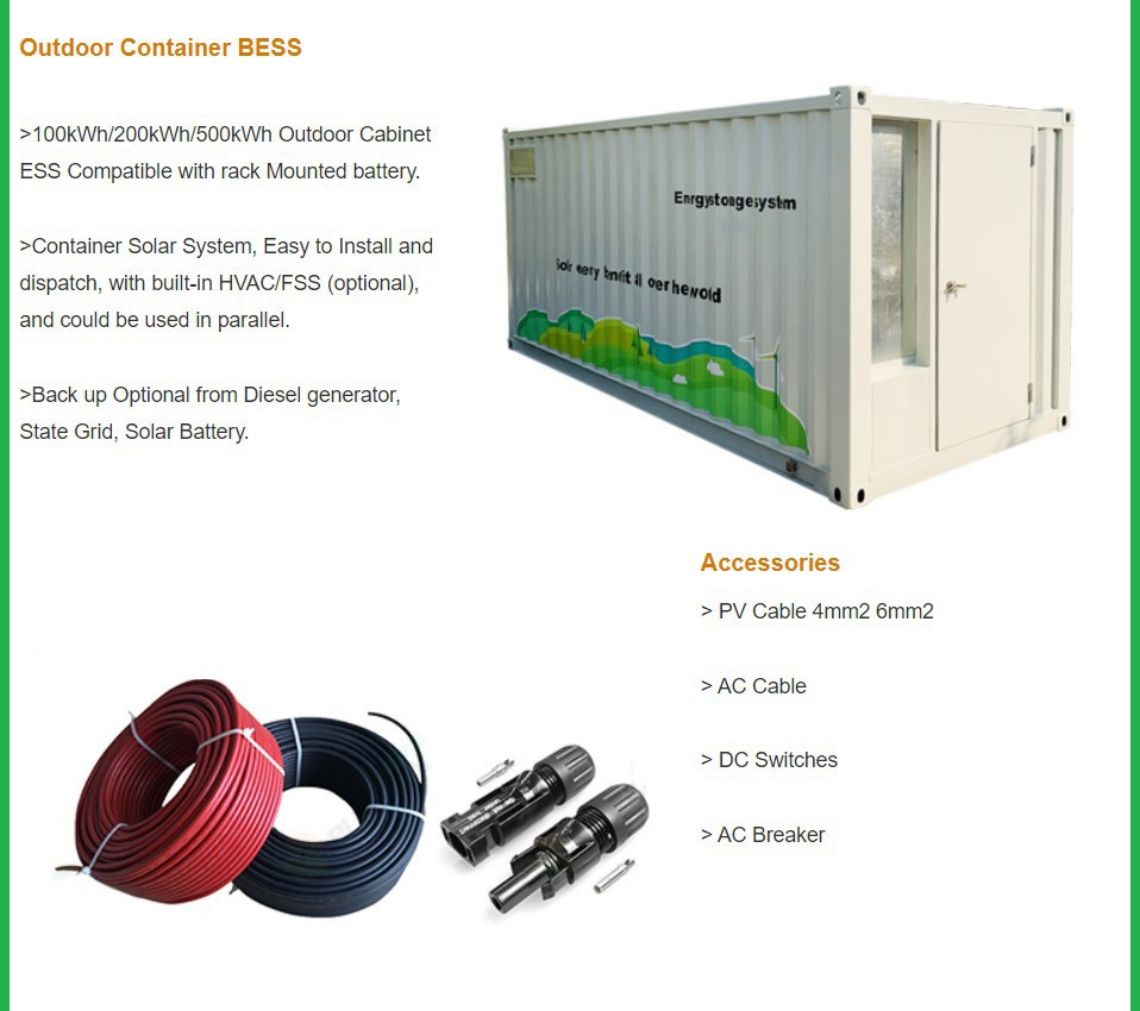
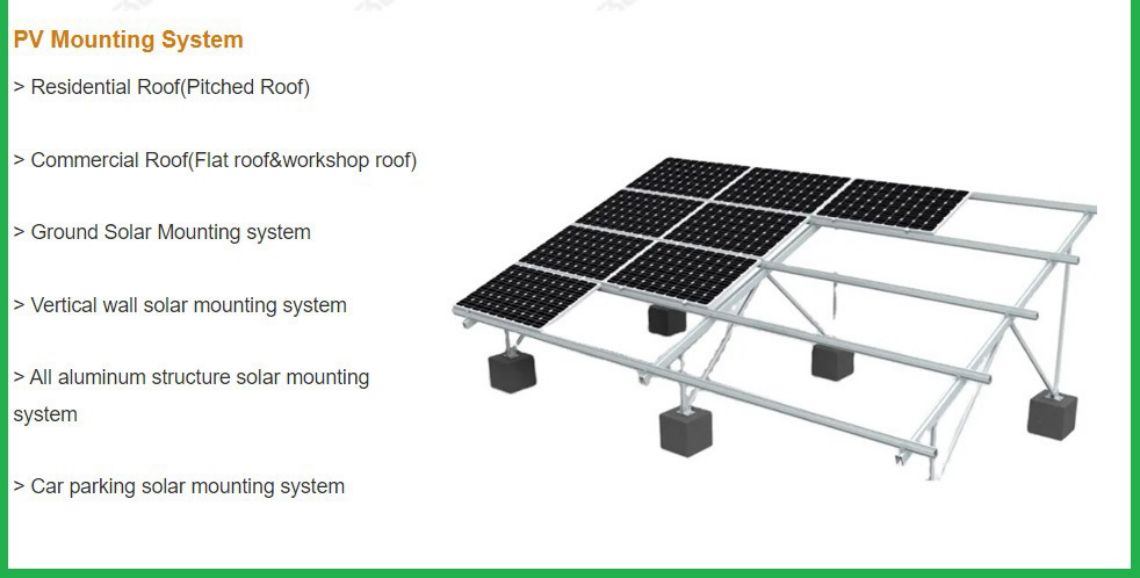
Scope of use and precautions
1, User solar power supply: (1) Small power sources ranging from 10-100W are used for military and civilian daily electricity in remote areas without electricity, such as plateaus, islands, pastoral areas, border checkpoints, etc., such as lighting, televisions, radio recorders, etc; (2) 3-5 KW household roof grid connected power generation system; (3) Photovoltaic water pump: used for drinking and irrigation in deep water wells in areas without electricity.
2, In the field of transportation, such as beacon lights, traffic/railway signal lights, traffic warning/marker lights, Yuxiang street lights, high-altitude obstacle lights, expressway/railway wireless Telephone booth, unattended road crew power supply, etc.
3,Communication/communication field: solar unmanned microwave relay stations, optical cable maintenance stations, broadcasting/communication/paging power supply systems; Rural carrier telephone photovoltaic system, small communication equipment, soldier GPS power supply, etc.
4, In the fields of oil, ocean, and meteorology: cathodic protection solar power supply system for oil pipelines and reservoir gates, living and emergency power supply for oil drilling platforms, ocean detection equipment, meteorological/hydrological observation equipment, etc.
5, Home lamp power supply: such as garden lamp, street lamp, portable lamp, camping lamp, mountaineering lamp, fishing lamp, Blacklight, rubber cutting lamp, energy-saving lamp, etc.
6, Photovoltaic power plants: 10KW-50MW independent photovoltaic power plants, wind (diesel) complementary power plants, various large parking and charging stations, etc.
7, Solar buildings combine solar power generation with building materials to achieve self-sufficiency in electricity for future large-scale buildings, which is a major development direction in the future.
8, Other fields include: (1) supporting vehicles: solar cars/electric vehicles, battery charging equipment, automobile air conditioners, ventilators, cold drink boxes, etc; (2) Renewable power generation system for solar hydrogen production and fuel cells; (3) Power supply for seawater desalination equipment; (4) Satellites, spacecraft, space solar power plants, etc.
Factors to consider in the design of solar power generation systems:
1. Where are solar power generation systems used? What is the solar radiation situation in the area?
2. What is the load power of the system?
3.What is the output voltage of the system, DC or AC?
4. How many hours does the system need to work per day?
5. If encountering cloudy and rainy weather without sunlight, how many days does the system need to be continuously powered?
6. What is the starting current for the load, pure resistive, capacitive, or inductive?
7. The quantity of system requirements.
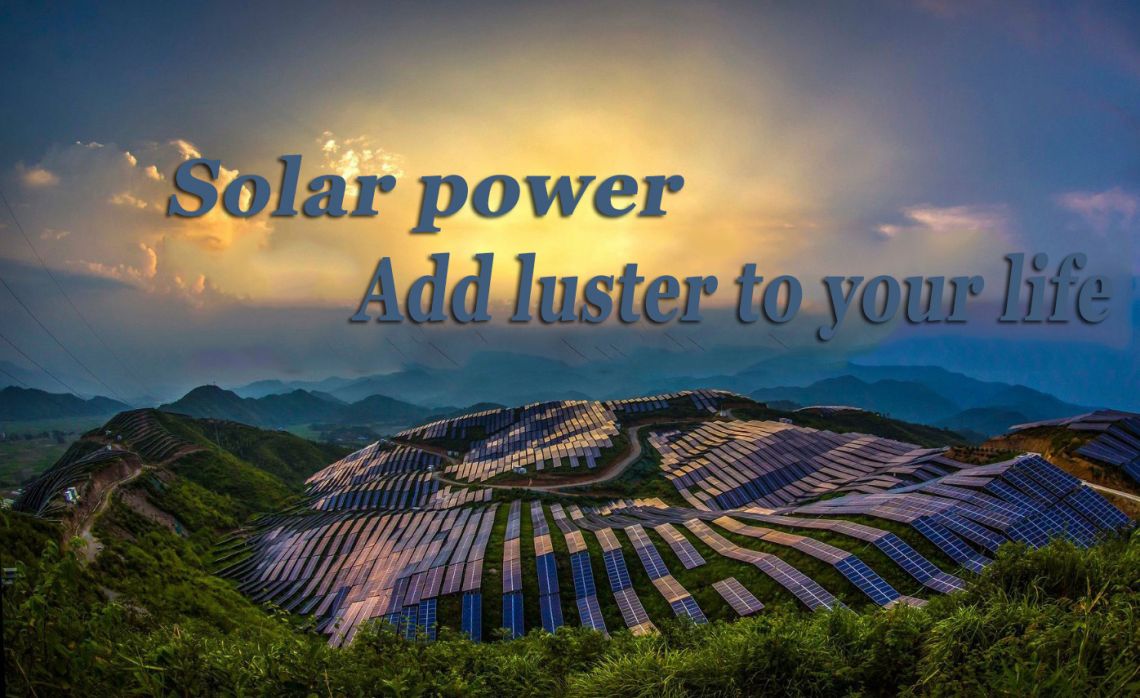
Workshop
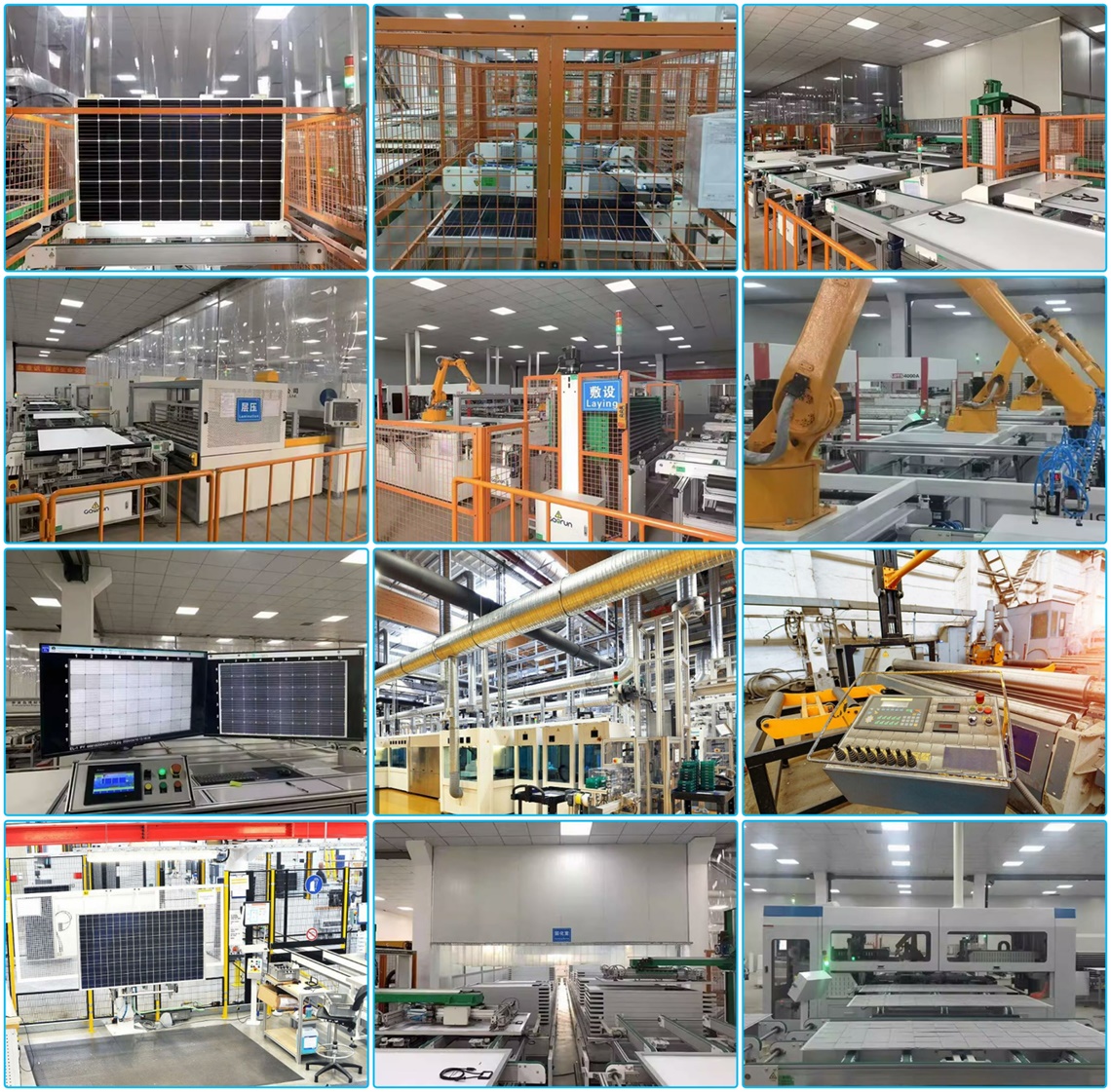
Certificate
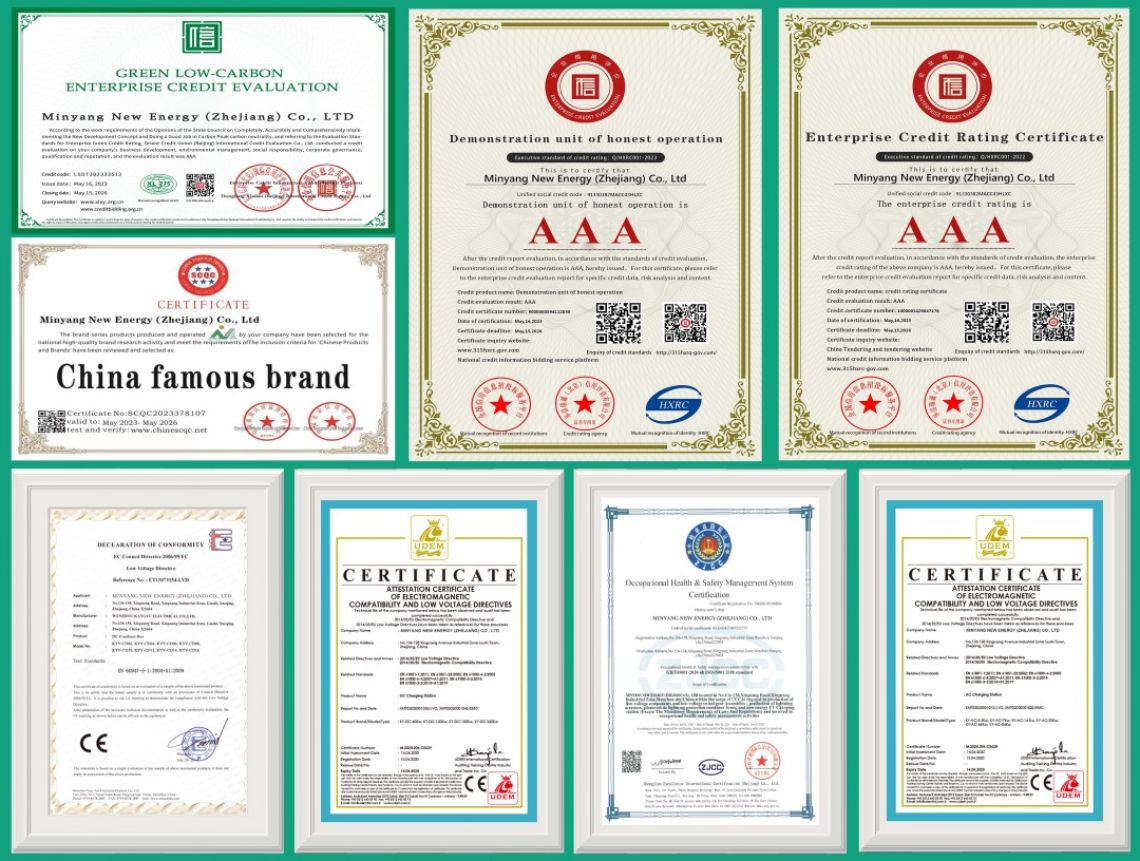
Product application cases
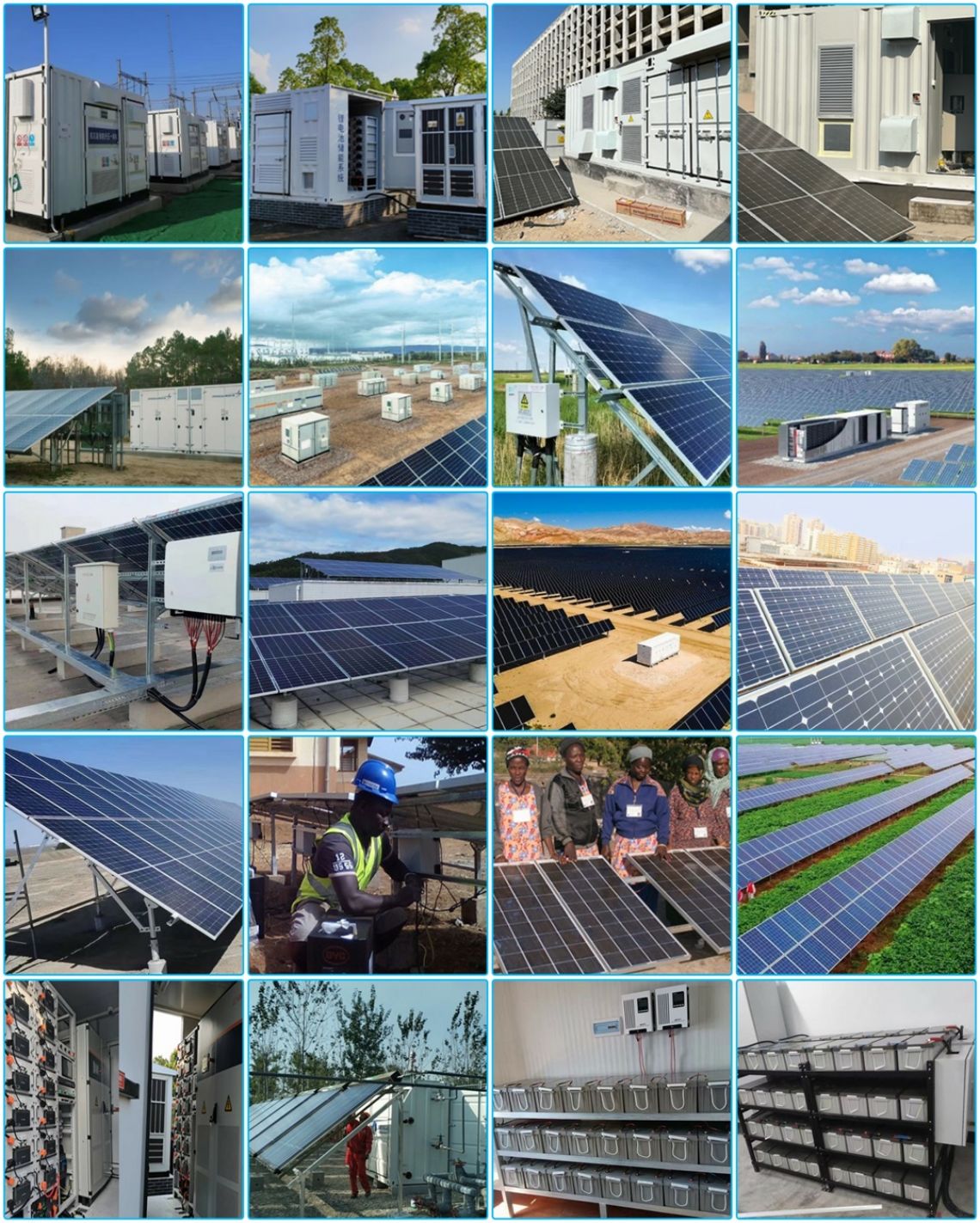
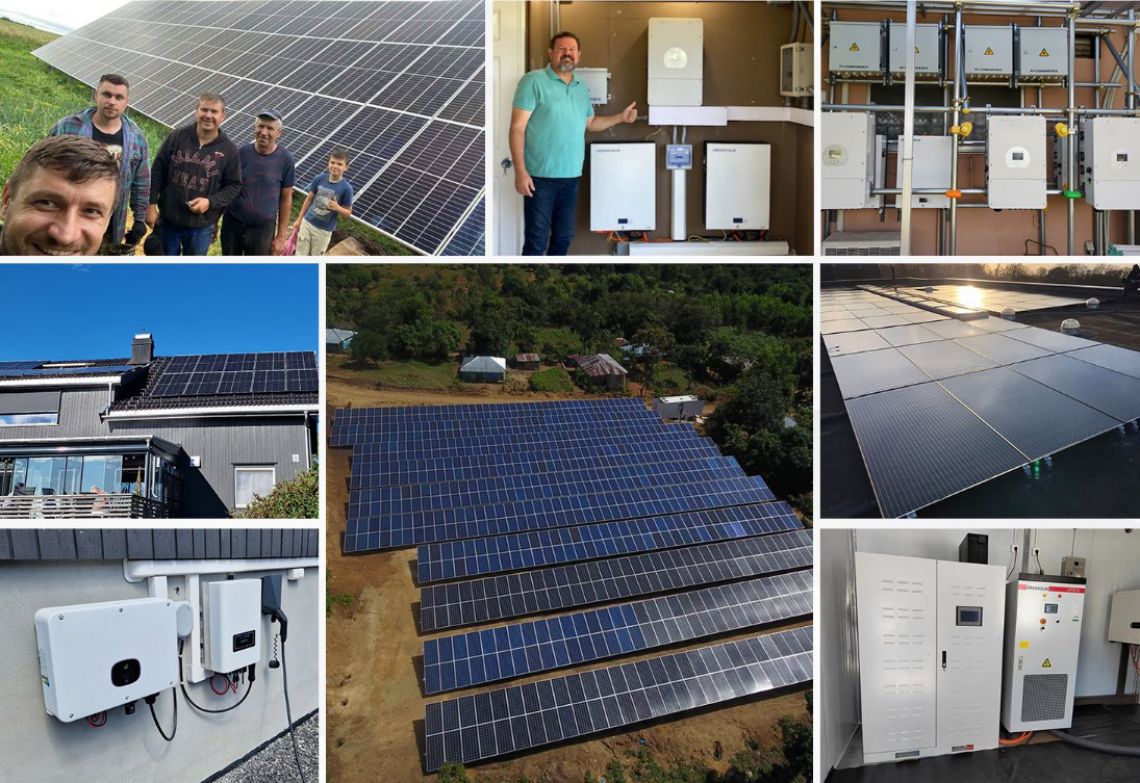
Transportation and packaging

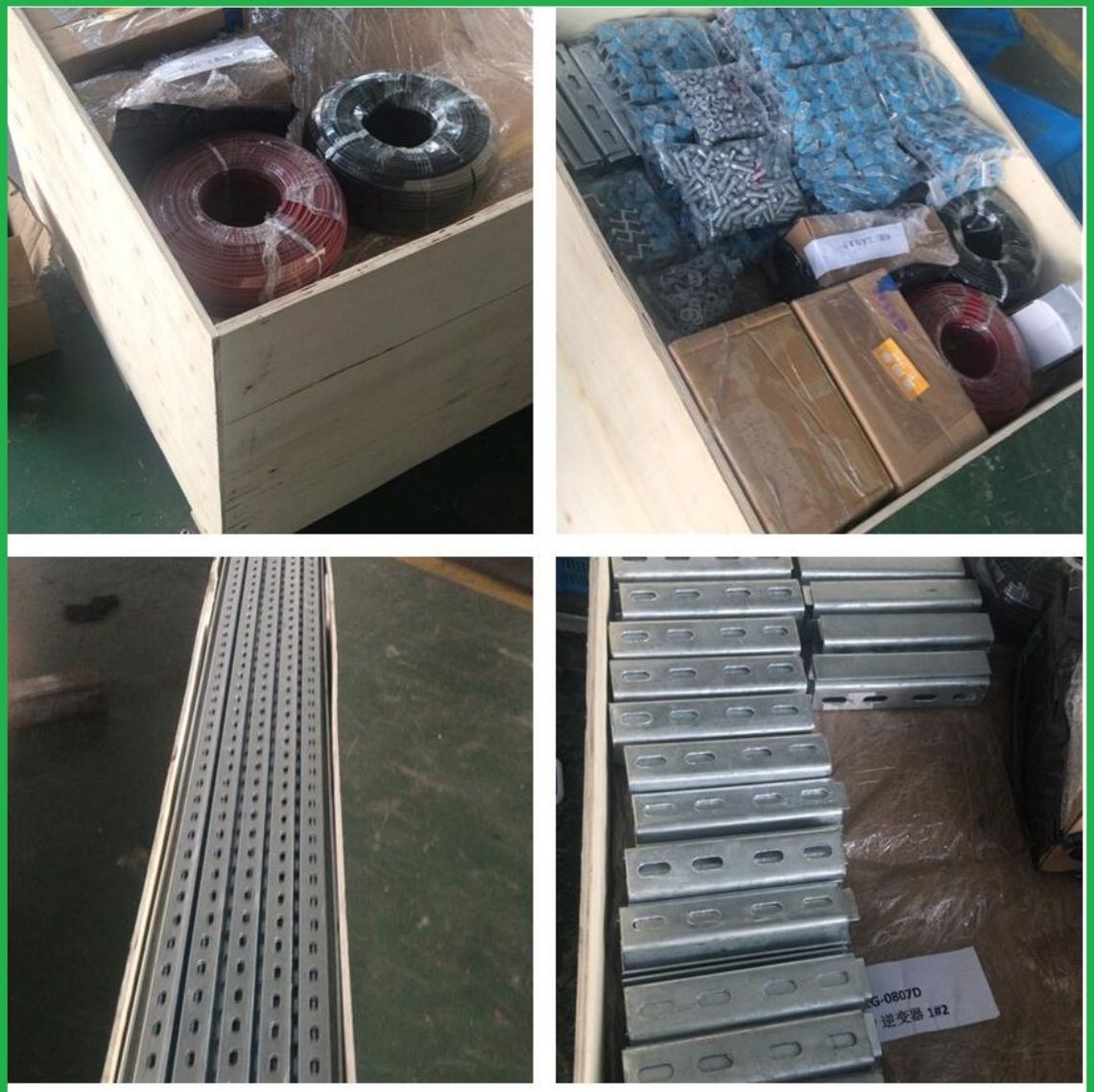
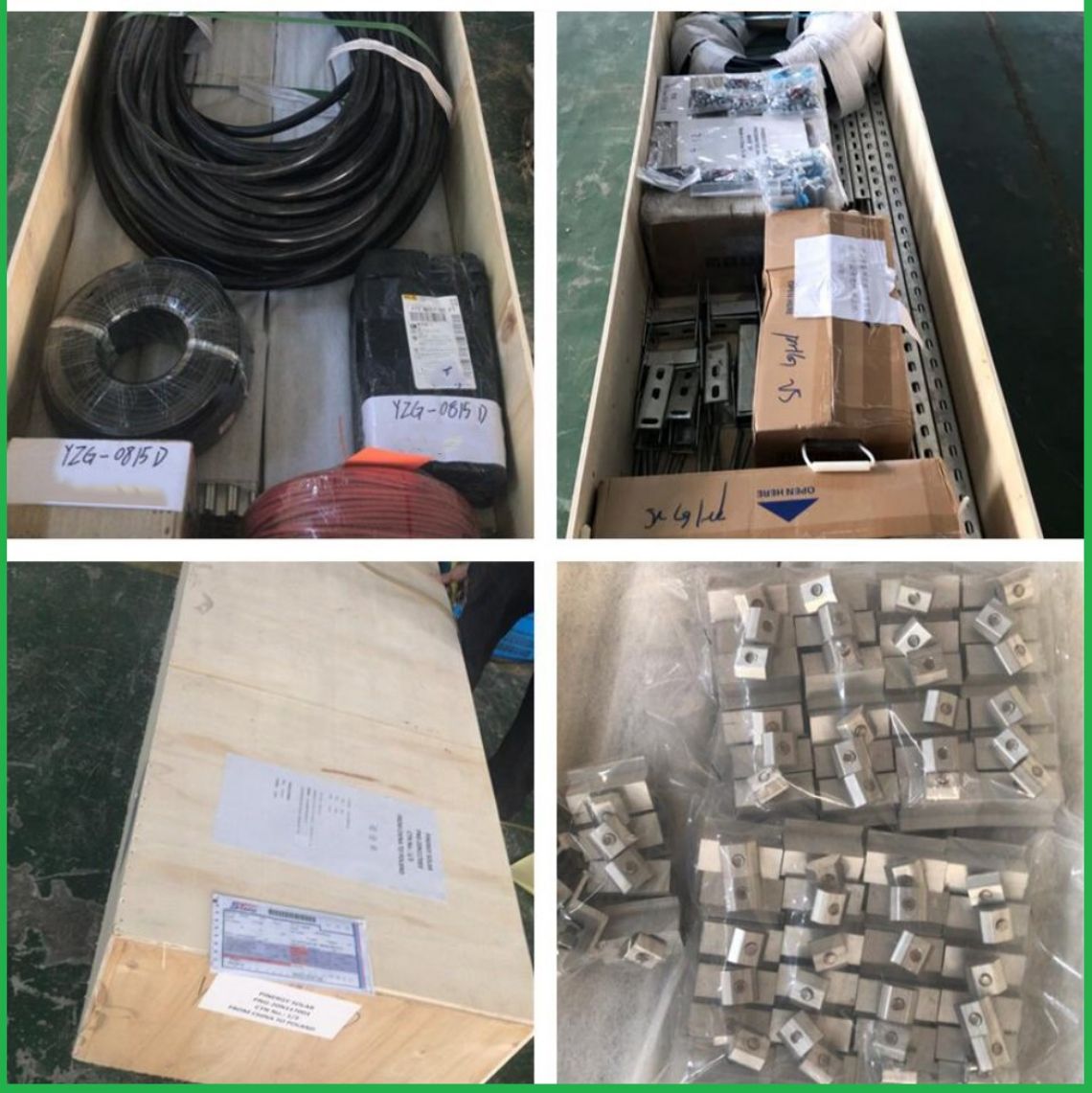
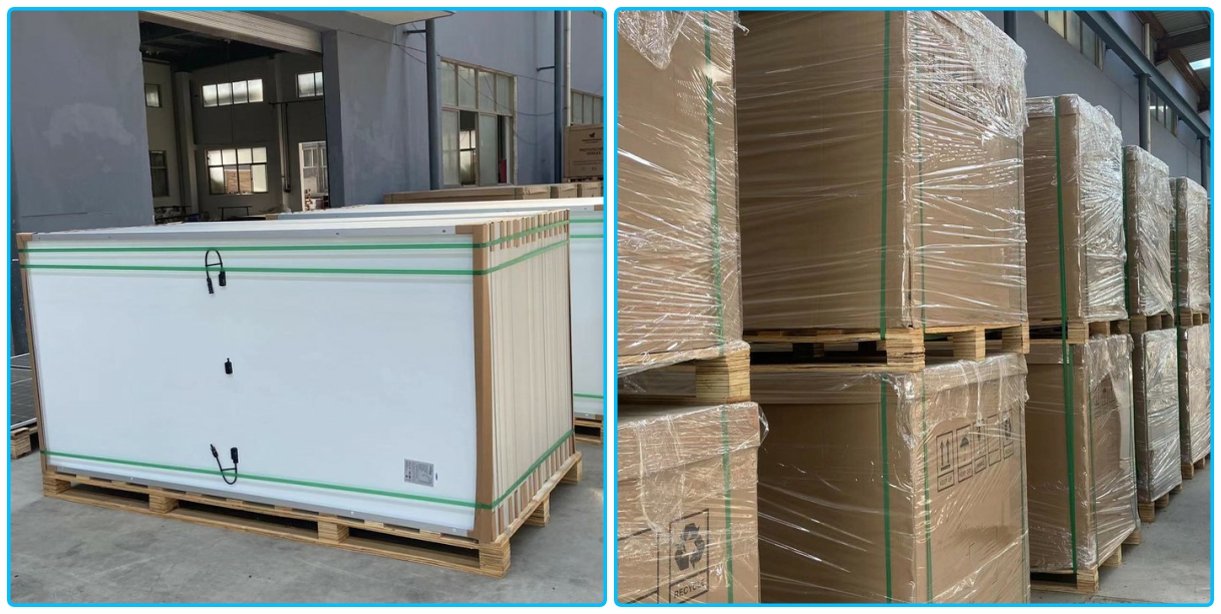
FAQ
1: Q:What's the different between inverter and solar inverter?
A: Inverter is only accept AC input, but solar inverter not only accept AC input but also can connect with solar panel to accept PV input, it more save power.
2.Q:What are the advantages of your company?
A:Strong R & D team, independent R & D and production of main parts, to control product quality from the source.
3.Q:What kind of certificates your products have acquired ?
A:Most of our products have acquired CE, FCC, UL and PSE certificates, which is able to satisfy most country’s importing requirements.
5.Q:How do you ship the goods since they are high capacity battery ?
A:We have long-term cooperated forwarders who are professional at battery shipment.

